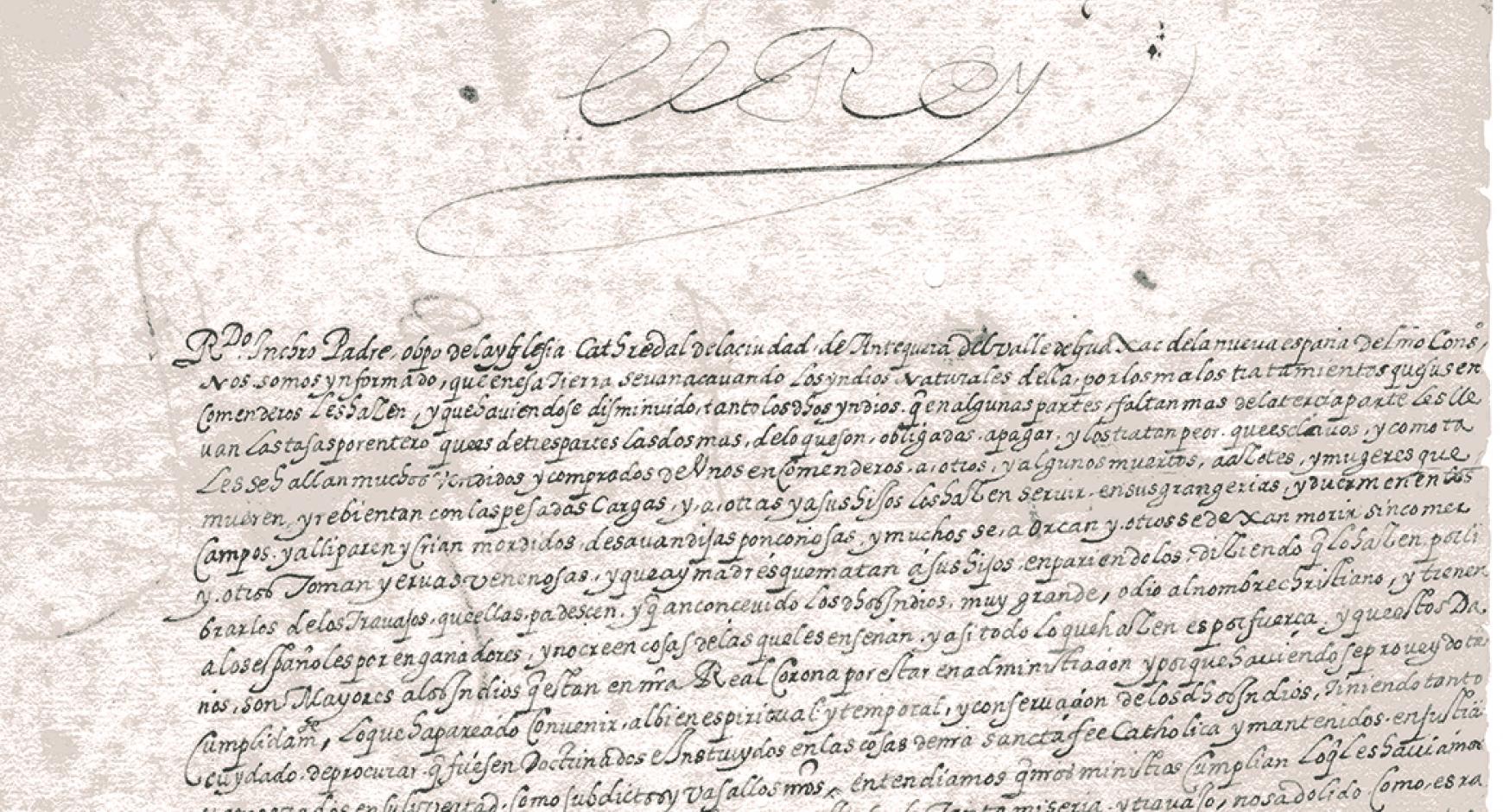
A grant of over $300,000 from the National Endowment for the Humanities is going to help the University of Texas Libraries contribute to the customization of a Wikipedia-like platform for the collaborative transcription, translation and indexing of archival texts in non-English languages.
The project – “Enabling and Reusing Multilingual Citizen Contributions in the Archival Record” – grew out of a need to provide more accessible digital scholarship platforms for non-English literate archival partners in Latin America. The initial phase of this project will provide an option for non-English literate communities to meaningfully engage and contribute to the Digital Humanities through the interface internationalization and translation of an open source digital scholarship platform.
The digital platform — FromThePage — was originally developed by software engineers Ben and Sara Brumfield (Brumfield Labs) for transcribing family diaries. The current functionality of FromThePage is as a tool for the collaborative transcription of primary source materials, particularly those that are handwritten or not readable by optical character recognition (OCR) technologies that allows for the translation of texts, indexing and extraction of key subject terms (such as people and place names), version control and tracking statistics on collaborator contributions and attribution. The software is currently only accessible to those who can read English, so the project will reconfigure the platform’s infrastructure to enable a multilingual interface and the subsequent translation of the tool and its user guides into Spanish and Portuguese. The joint effort between the University of Texas Libraries, LLILAS Benson and Brumfield Labs will be managed by project co-directors Allyssa Guzman (Digital Scholarship Librarian, University of Texas Libraries) and Albert A. Palacios (Digital Scholarship Coordinator, LLILAS Benson Latin American Studies and Collections).
“This grant has an impact beyond Latin American collections, since the translation infrastructure will be usable for any language,” says FromThePage developer Ben Brumfield. “Scholars who FromThePage have requested this functionality for years, since it is another step connecting them with communities from central Africa to Japan.”
“UT Libraries is in a perfect position to organize the user community, since they have supported the project for years,” says Brumfield.
Along with restructuring to enable multilingual versions of FromThePage, the project will develop the platform through enhanced support for object metadata and faceted browsing, additional export options to facilitate the use of machine-readable textual outputs in other digital scholarship tools and workflows to incorporate and attribute appropriately citizen contributions into the archival and digital asset management system record.
“With the help of this funding from the National Endowment for the Humanities, the University of Texas Libraries will be able to expand its leadership role in archival and preservation innovation,” says Vice Provost and Libraries’ Director Lorraine Haricombe. “This novel partnership will allow us to make a global impact on open access and scholarship in a way that greatly enhances archives in non-English languages.”
Faculty and staff have most recently used the Libraries’ installation of FromThePage to undertake grant-funded, international research projects. Last year, the Archive of the Indigenous Languages of Latin America (AILLA) received an NEH Humanities Collections and Reference Resources grant to support the transcription of texts in Mixtec (a pre-Columbian language originating in south-central Mexico). And the LLILAS Benson Digital Scholarship Office partnered with Brumfield Labs and researchers in Argentina and Pennsylvania to extract Latin American historical place names from an 18th-century gazetteer to address the Eurocentrism in Pelagios Commons and World Historical Gazetteer historical geographic resources.
Once the project platform updates are completed, Brumfield Labs will deploy them to the instance of FromThePage hosted at www.fromthepage.com, and send out a software update through Github for those institutions that host and manage instances of the tool on their own servers.
ABOUT THE NATIONAL ENDOWMENT FOR THE HUMANITIES
Created in 1965 as an independent federal agency, the National Endowment for the Humanities supports research and learning in history, literature, philosophy, and other areas of the humanities by funding selected, peer-reviewed proposals from around the nation. Additional information about the National Endowment for the Humanities and its grant programs is available at: www.neh.gov.
Any views, findings, conclusions, or recommendations expressed in this article, do not necessarily represent those of the National Endowment for the Humanities.


